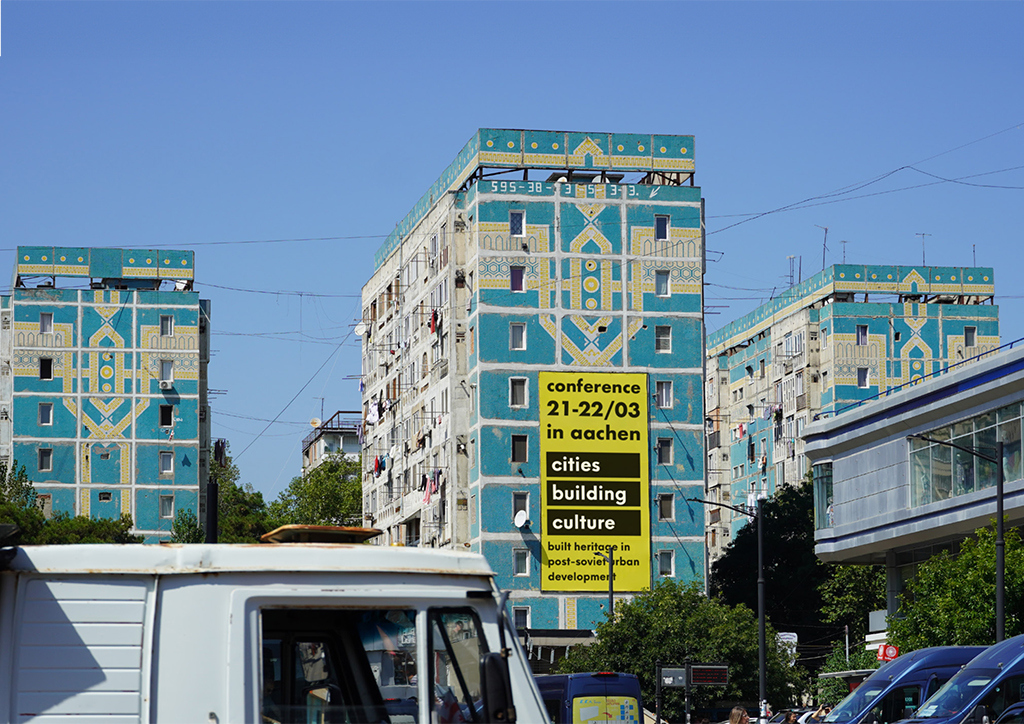
The topic of “residential heritage” in the post-Soviet context is at the core of the cbc project. The research has attempted at developing new approaches to the sustainable management of everyday built heritage, exploring the ways in which this legacy has been valorized, transformed, managed, and appropriated in the post-socialist period. The conference reflects on the findings and conclusions, while also looking for ways to develop further perspectives for analysis and action.
Find the flyer here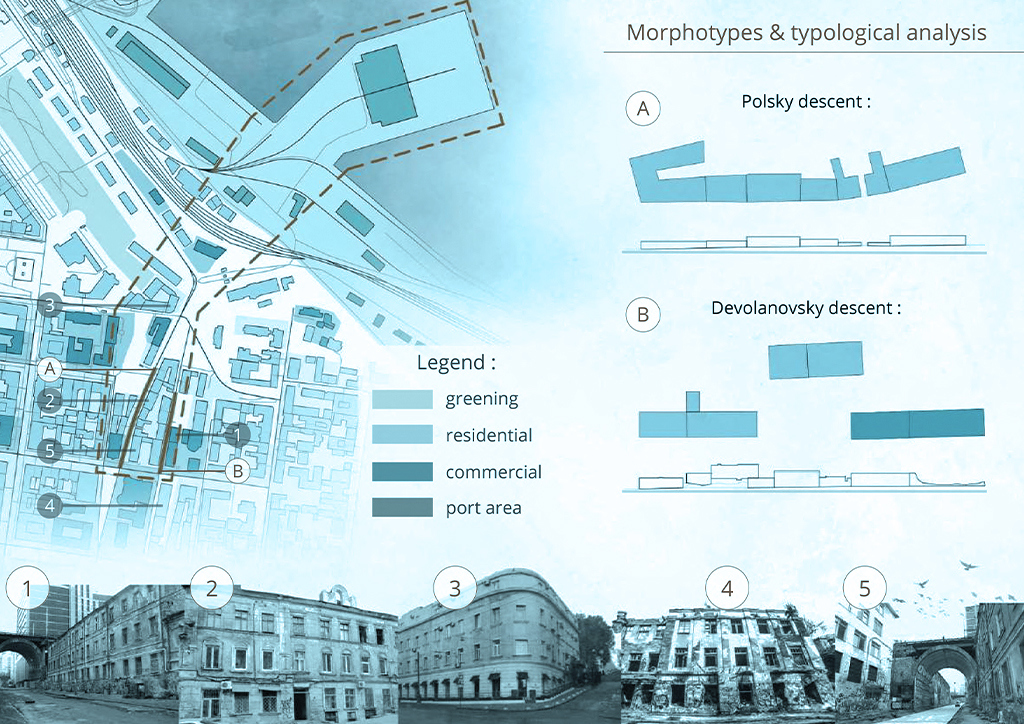
On April 14, the midterm reviews of the Remote Lab of Urban Planning "Built Heritage“ took place. It is the second online lab that ISTB is conducting together with colleagues from our partner university, the Odessa State Academy of Engineering and Architecture, funded by the DAAD. This year, the online lab deals with architectural heritage and the questions of sustainable further development. Presented and discussed were maps of the seminar „Metropol.x_Lviv" and analyses and conceptional approaches of the design studio in Odessa. Thanks to all participants and especially to the students for their great engagement!
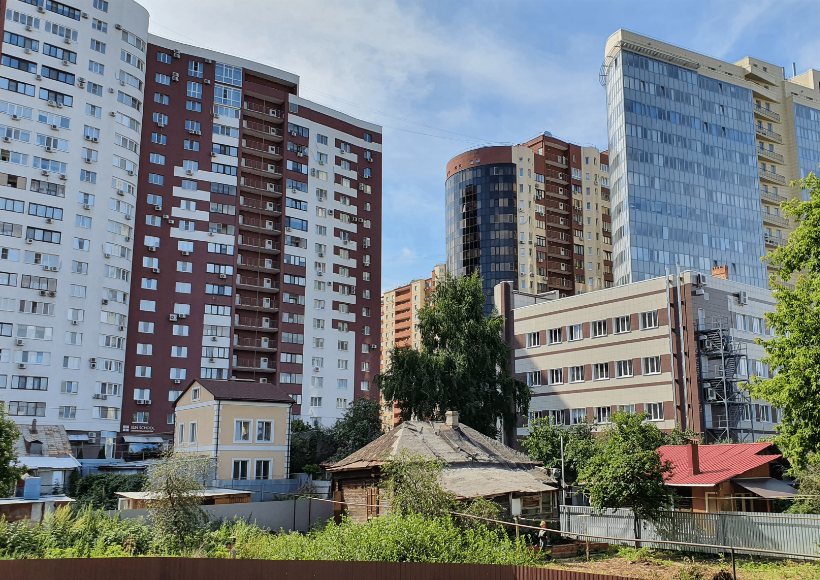
The collaborative research project between the Karlsruhe Institute of Technology (KIT), RWTH Aachen University, GWZO Leipzig and their Russian partners aims at developing new approaches to the sustainable management of cultural heritage in the post-Soviet space. The project takes the form of an international ...
Mehr...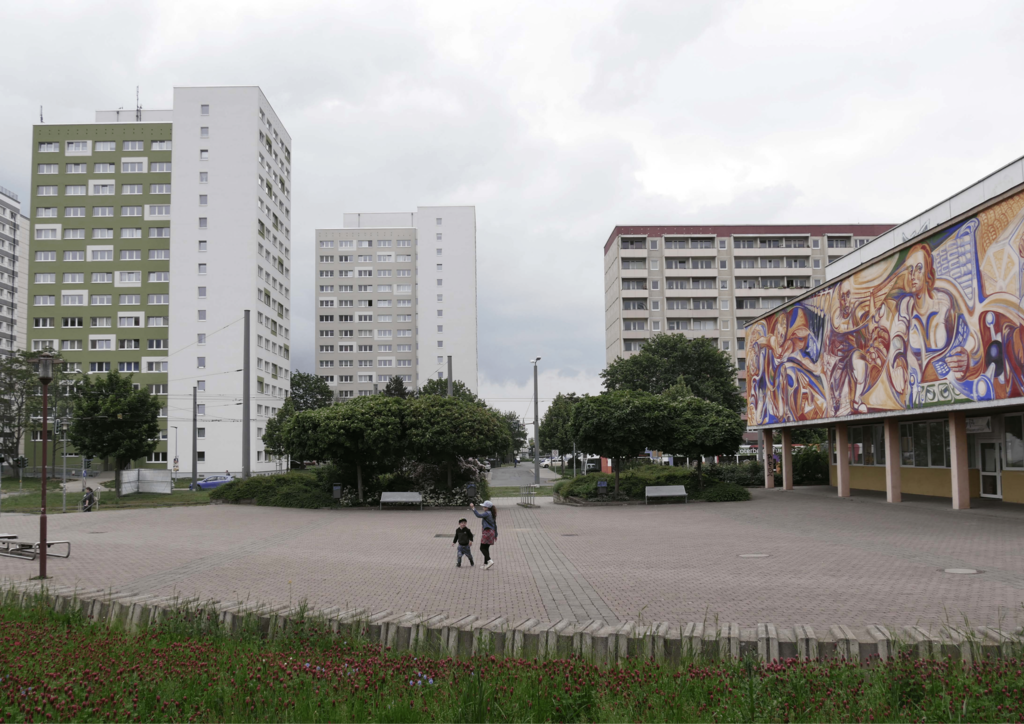
The core question dealt with by the project is how the existing living space in large housing estates can be secured for the future and further developed in a sustainable manner. The aim is to map out the spatial qualities and deficits of the housing estates – in terms of both the living space and the residential environment – in order ...
Mehr...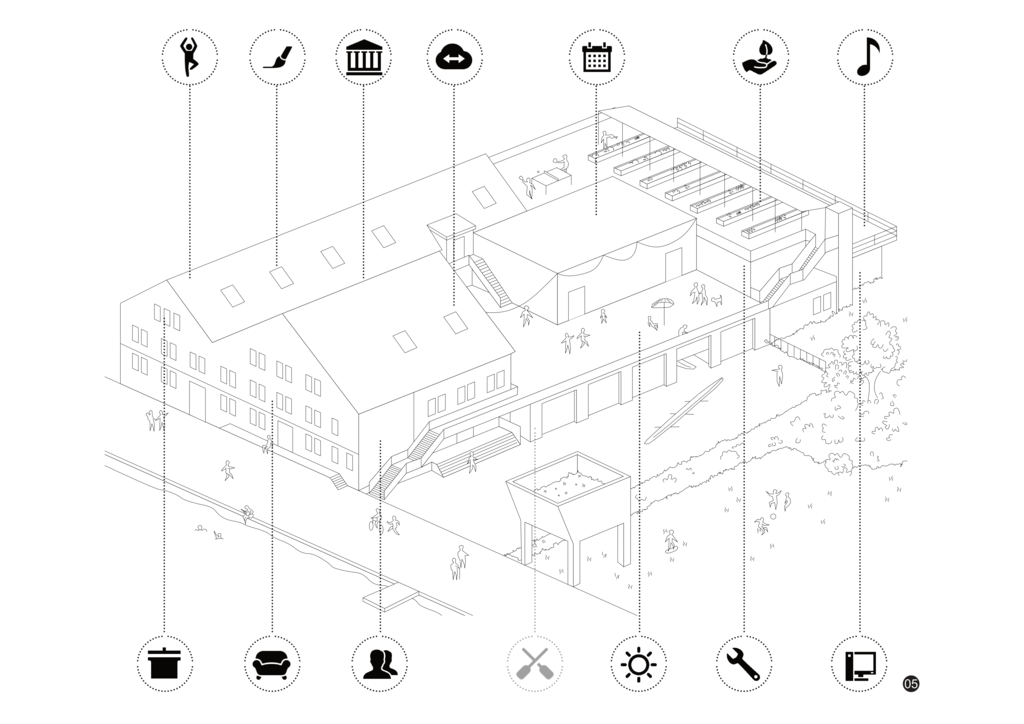
Der Wandel von einer Industrie- zu einer Wissensgesellschaft bedingt neue räumliche und gestalterische Anforderungen an die Städte. Durch die Wissensgesellschaft verändern sich nicht nur die Anforderungen an Bildungs- und Forschungseinrichtungen, sondern auch die soziale Infrastruktur, Mobilitätskonzepte, kulturelle Angebote und öffentliche Räume müssen entsprechend angepasst werden. ...
Mehr...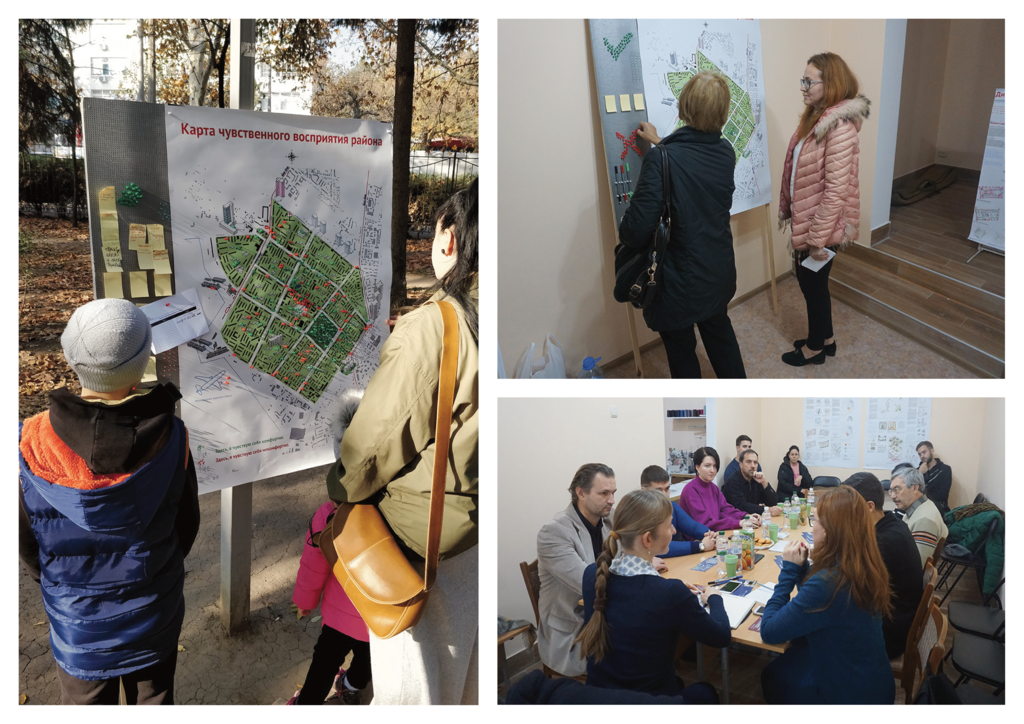
Ziel des Projektes war es, Ergebnisse des Forschungsprojektes „Unloved Heritage ‚Socialist City‘?“, mit den Bürgern und lokalen Akteuren zu reflektieren. Für die Dauer von vier Wochen wurde im Herbst 2018 in der Großwohnsiedlung Cheryomushki in Odessa ein temporäres Quartiersbüro eingerichtet. ...
Mehr...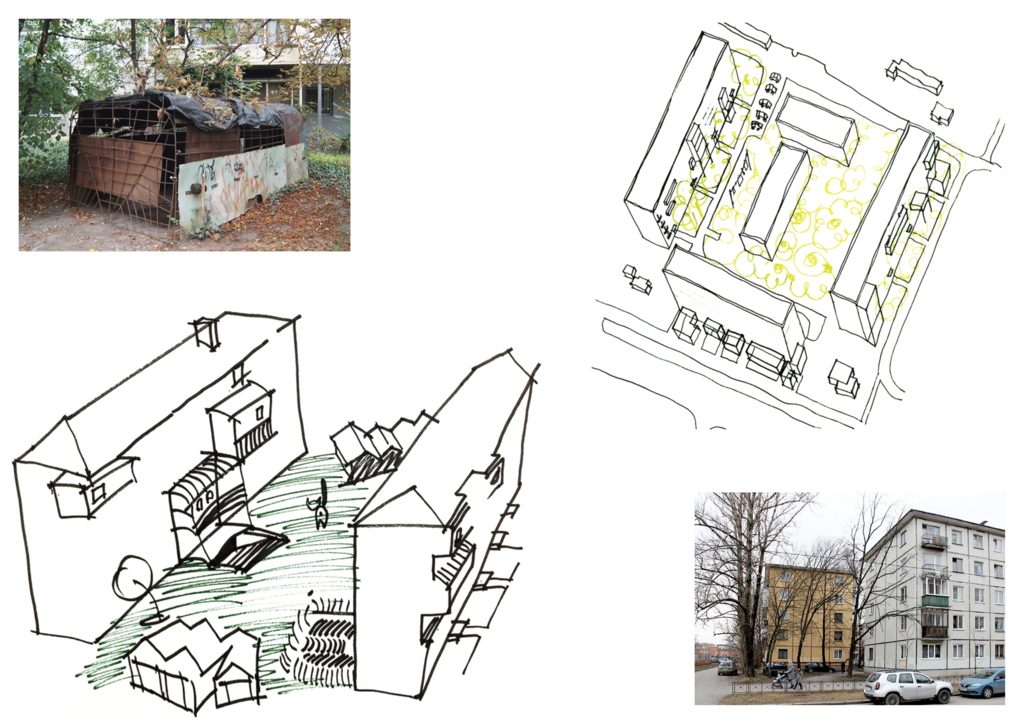
The objective of the trilateral project was to understand large housing estates from the 1960s and 1970s, in terms of their socio-political and cultural aspects as well as their current status.
Previously implemented concepts of transformation were analysed, critically reflected in trilateral comparison, and brought into a wider context. Evaluation of individual experiences was aimed at generating an impetus for further urban development of these neighbourhoods and for improving planning methods and strategies.
The trilateral perspective of exchanging different experiences gained from the transformation processes of the past decades was aimed at learning from one another. Looking at various case studies in Germany, Russia, and Ukraine, general planning principles were to be derived. In spite of different social, political, and economic backgrounds, there are many common issues, such as the dynamics of society and neighbourhoods, the treatment of heritage, demands for growing mobility, and others.
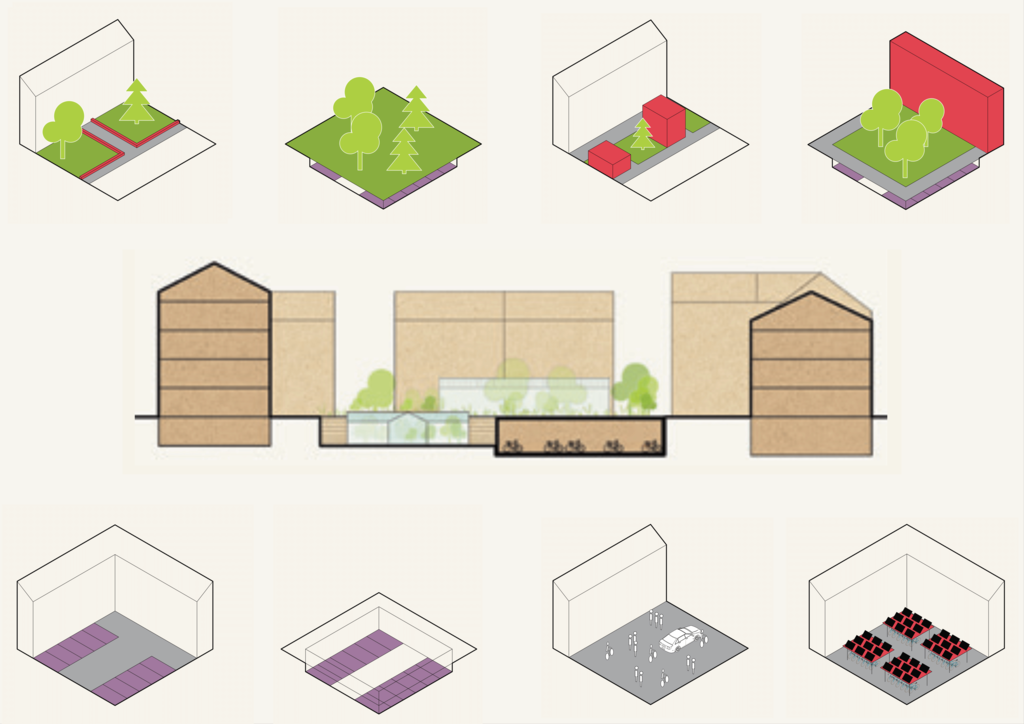
Im Rahmen des Forschungsprojektes, gefördert vom Ministerium für Wissenschaft, Forschung und Kunst und vom Ministerium für Finanzen und Wirtschaft des Landes Baden-Württemberg, wurden mögliche Auswirkungen des automatisierten Fahrens auf den Stadtraum untersucht. Grundlegende Annahme der Untersuchung war, dass nicht mehr benötigte Stellplatzflächen für Pkws sowohl im öffentlichen als auch im privaten Raum für andere Nutzungen zur Verfügung stehen und somit ein Mehrwert für die Bewohner generiert werden könnte. Als Untersuchungsareal diente die Oststadt, ein Stadtteil, der in vielerlei Hinsicht typisch und vergleichbar mit vielen anderen deutschen und europäischen Städten ist.
Mehr...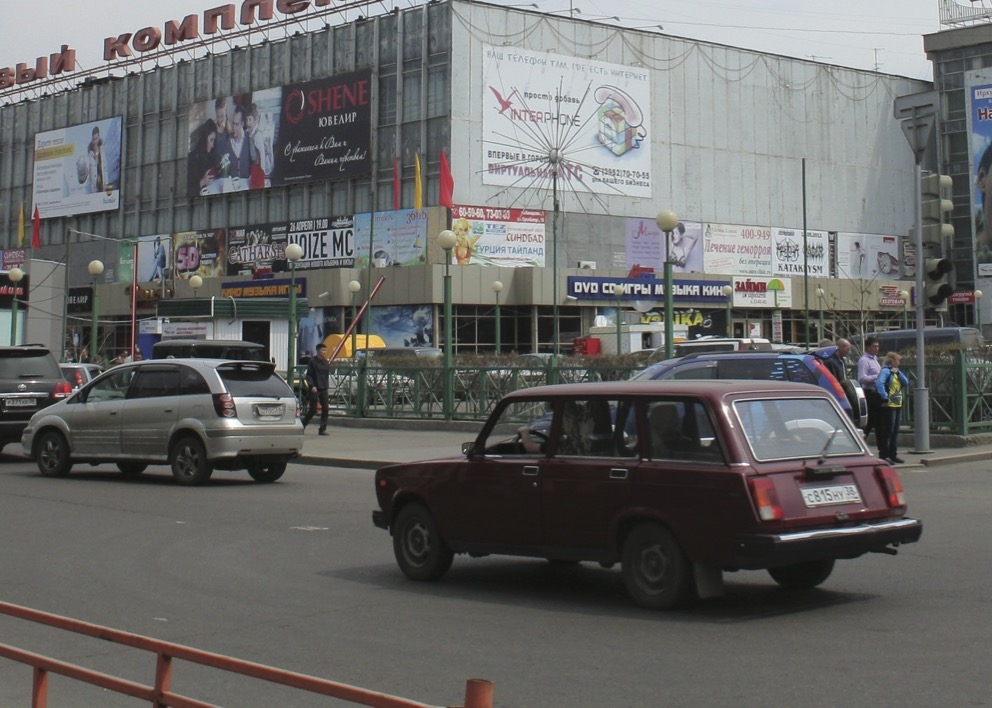
In focus of the conference in 2014 was the situation of short-distance mobility in Irkutsk. How can strategies of public transport, pedestrian and bike traffic be developed and implemented? Are there best practices from other cities – in Russia and abroad – and how could they be adopted for the situation in the Siberian city? At the conference experts from Irkutsk, other Russian cities and from abroad discussed their different experiences.
Mehr...